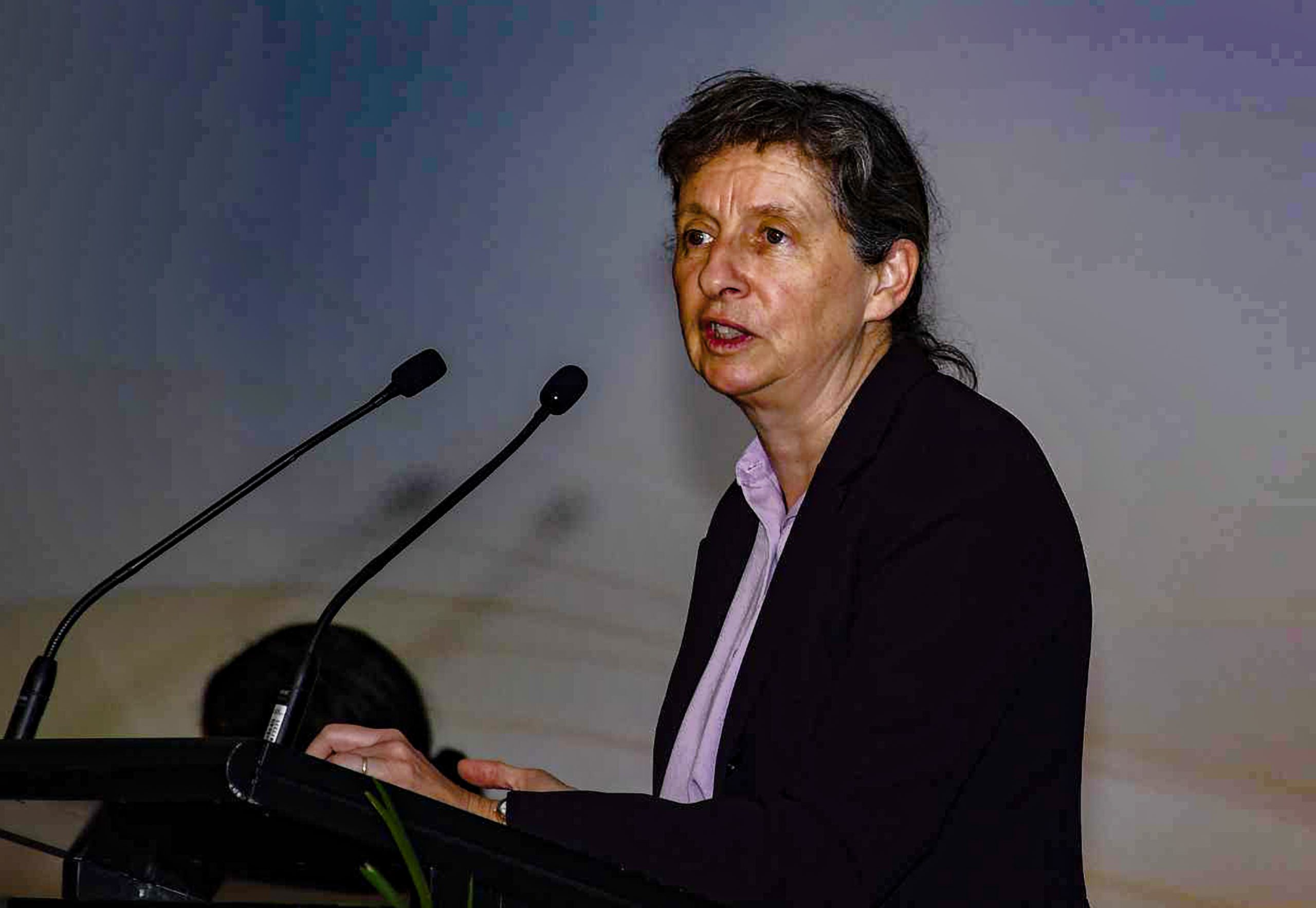AUSTRALIAN constitutional lawyer Anne Twomey says constitutions need to be amended from time to time to ensure they suit the circumstances of the times and are consistent with the will of the people.
Ms Twomey told the 26th Attorney-General’s Conference at the Sheraton Resort in Denarau, Nadi recently that a frozen constitution which no longer represented the values of the people, or their needs, would become brittle and break under pressure, “so some ability to amend the constitution is therefore needed to keep it strong and relevant”.
She said there was a significant problem with Fiji’s current Constitution in that it was virtually impossible to amend due to the high manner and form restrictions contained in the document.
Ms Twomey empathised with the problem of constitutional amendment in Fiji and agreed that amendment was needed to keep it strong and relevant.
“As you all know, not only is there a high special parliamentary majority of three quarters of the members of parliament, but it must also be approved by three quarters of the total number of registered voters in a referendum,” Ms Twomey said.
“I can empathize with the problem of constitutional amendment in Fiji, and I’m hardly in a position to be able to preach about what should be done, because Australia is no beacon of light in this regard.
“At best, I might be able to give you some ideas about how the problem might be approached to achieve a change to the amendment provision in a democratically justifiable manner that might survive a court challenge.”
Ms Twomey added that the ability to change the Constitution was also fundamental to the idea of popular sovereignty, that a nation’s sovereignty is vested in its people.
“The people exercise that sovereignty, sovereignty both through voting in elections and through decisions made about the amendment of the Constitution, either directly through a referendum or indirectly through the votes of their representatives in Parliament.
“Not only was the special majority of three quarters of MPs very high, but the approval of the people in a referendum was also required for the first time.
“The special majority for their approval was not just three quarters of those who voted, but three quarters of registered voters.
“Now that’s virtually an impossible hurdle to meet, especially given the previous requirement of compulsory voting, which had been in the 1997 revised constitution and was removed from the 2013 Constitution.”



